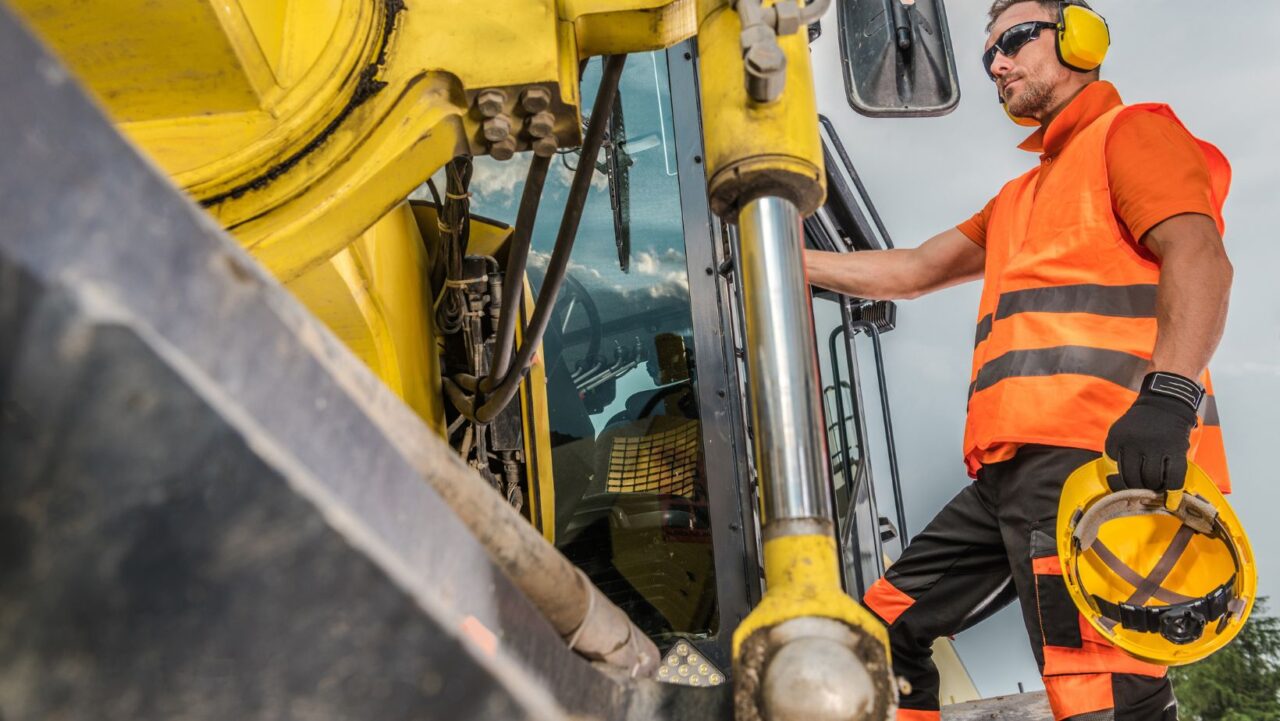Becoming a Heavy Equipment Operator: A Comprehensive Guide

Heavy Equipment Operators are vital to the construction industry, playing a key role in building infrastructure such as roads and buildings. This career involves operating large machinery to move earth, lay down roadbeds, and prepare construction sites, among other tasks. It requires not only technical skill and precision but also a strong adherence to safety procedures.
Educational Pathways
The journey to becoming a heavy equipment operator typically begins with obtaining a high school diploma or GED. This foundational step is crucial as it opens the door to further training and education in the field. Here are the main pathways to enter this profession:
- Apprenticeships: These programs offer a blend of classroom instruction and hands-on training, providing comprehensive knowledge and experience. Apprenticeships can last from three to four years and often lead to direct employment opportunities.
- Technical Schools and Colleges: These institutions offer focused training programs that prepare students for certification exams and licensing. Courses cover a range of topics, including equipment maintenance, safety procedures, and blueprint reading. Training duration can vary from one to two years.
- On-the-Job Training: Starting out on a construction crew is another way to gain valuable experience. This path allows individuals to learn directly from experienced operators and gradually take on more complex tasks.
Skills and Certifications
To excel as a heavy equipment operator, certain skills and certifications are essential:
- Mathematical Skills: Operators frequently use math for tasks such as calculating loads and reading construction plans.
- Communication: Clear communication is crucial, especially given the potentially hazardous nature of construction sites.
- Attention to Detail: Monitoring machinery and ensuring the safety of the worksite require a high level of vigilance.
Operators may also need specific licenses or certifications, depending on the machinery they operate. For example, crane operators must obtain a state license or national certification, which involves passing both written and practical exams.
Career Advancement
With experience, heavy equipment operators can advance to supervisory or managerial roles, or even start their own construction businesses. The demand for skilled operators is expected to grow, offering strong career prospects and opportunities for advancement.
Salary Expectations
Salaries for heavy equipment operators can vary widely based on factors such as experience, location, and the type of machinery operated. On average, operators in the U.S. earn around $20.38 per hour, with a range typically between $15.00 and $25.00 per hour.
Frequently Asked Questions
- Can military experience help? Yes, military service can provide valuable training in heavy equipment operation.
- How long does training take? Training duration varies from a few months to several years, depending on the chosen pathway and the type of equipment.
- What skills are needed? Key skills include mathematical ability, effective communication, and attention to detail.
For those interested in a career as a heavy equipment operator, the path involves a combination of education, hands-on training, and skill development. With the right preparation and dedication, individuals can enjoy a rewarding career in the construction industry, contributing to the development of essential infrastructure.


